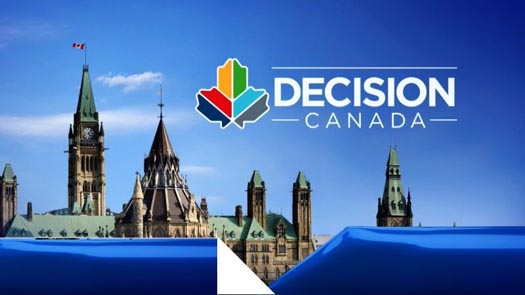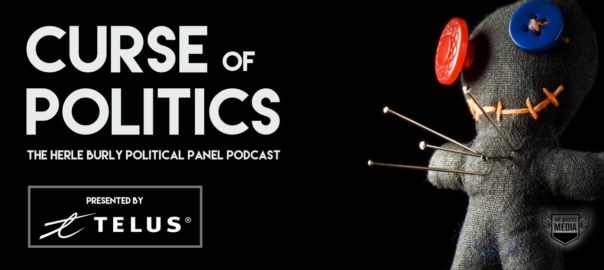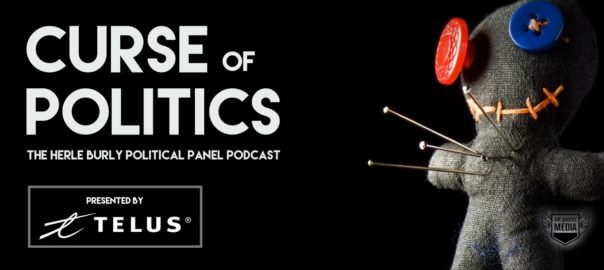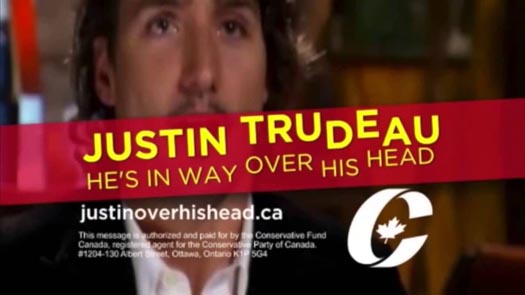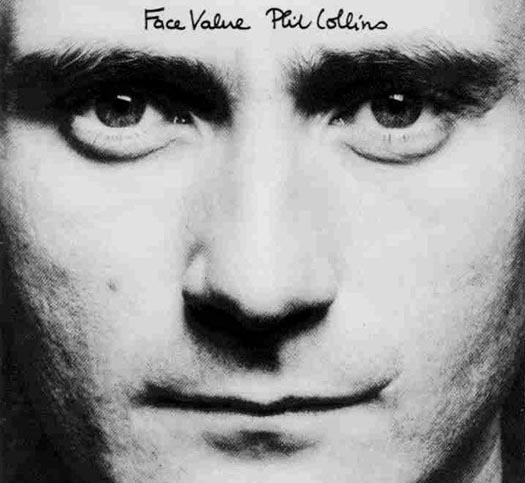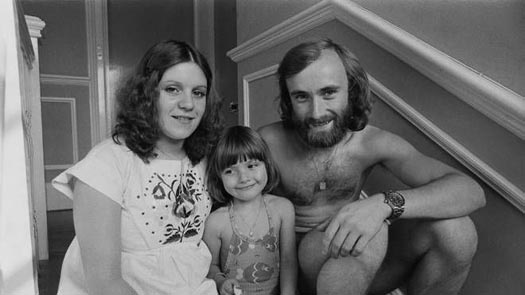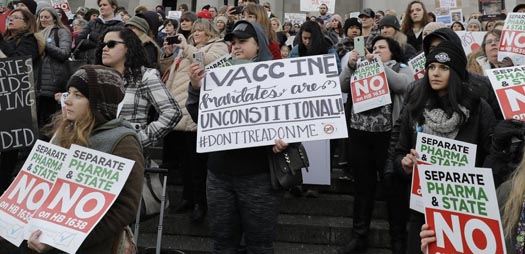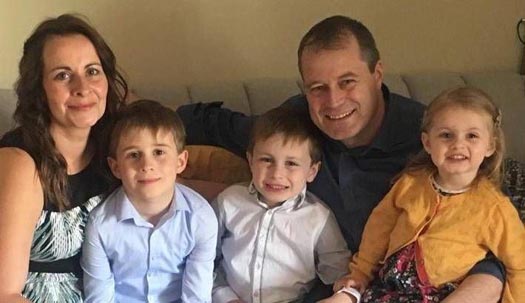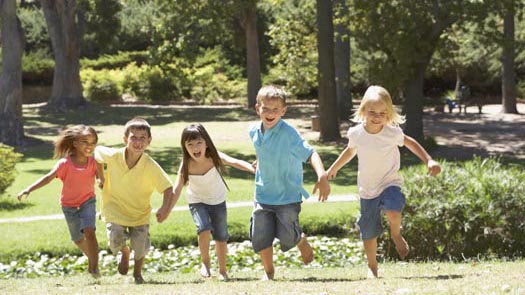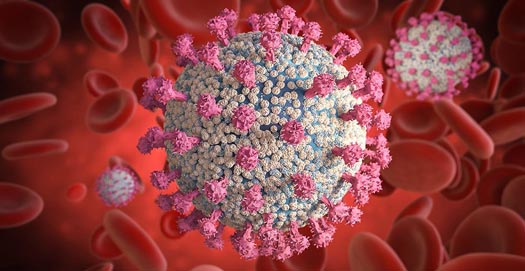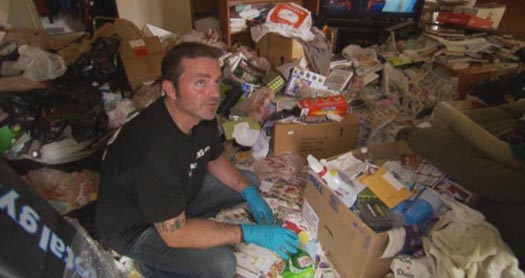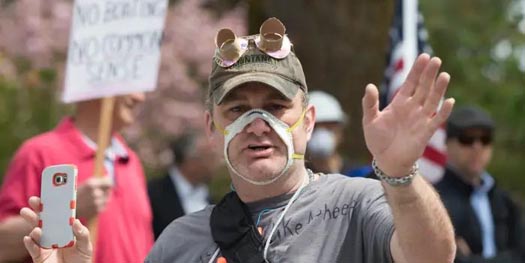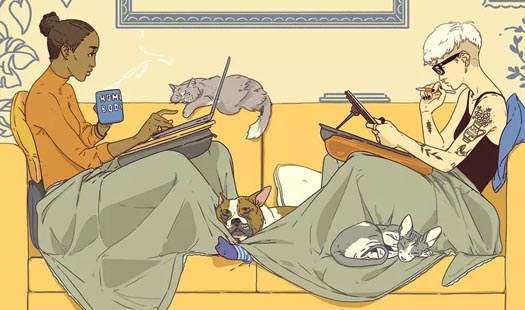
COVID has proved a trying and divisive experience for many among us.

One of my neighbours is a young mother with a two-year-old son. Happily married, her only source of concern is the welfare of her son during the current, extending COVID-19 pandemic. My neighbour’s concern for her son, shared by many in the housing co-operative in which we live, is that her neighbour is an intransigent woman who refuses to be vaccinated.
My neighbour’s very best friend in the world is a woman she has known since the two of them attended kindergarten together some two-plus decades ago, she herself a young mother, but with three young children all under the age of 12. Just like my neighbour, she too is happily married.
My young neighbour and her husband are fully vaccinated, her son not.

My neighbour’s best friend is not vaccinated, nor will she consent to be vaccinated, and neither will she allow her three young children to be vaccinated, stating she doesn’t trust that the vaccine is safe. This woman’s loving and devoted husband, on the other hand, is fully vaccinated and a strong vaccine advocate, and has stated to his wife that he wants to ensure when a COVID-19 vaccine becomes available for those under age 12, his three children will be vaccinated — over which a marital dispute has arisen.
My neighbour has told her best friend that in the interest of the safety of her toddler son that she will not visit in the home of her cherished friend, and neither will she invite her friend to visit in her home, that she is free to believe as she wishes, but my neighbour will not put her son in any jeopardy that might compromise his health. My neighbour has told her friend they can get together outside, at a park, socially safe distanced.

My neighbour is concerned that a lifelong friendship may be coming to an end, and her friend’s marriage may be in trouble resultant from the vaccination dispute, about which my neighbour feels quite some despair.

Me, I have a friend, a person who I’ve known for a quarter century, who lives in the Kits neighbourhood, and is both a prominent member of the community and a rabid anti-vaxxer, who believes the vaccine to be poison, and states to me that I am a “sheep”. This “friend” attends anti-vaxxer rallies, and despite being a member of the fourth estate to whom I have provided contact information in order that he might ask Dr. Henry directly, during her press briefings, that she address his concerns, has not done so.
As is the case with my neighbour, I too fear that a cherished friendship of some long duration and mutual respect is drawing to an untimely but necessary close, that his refusal to be vaccinated compromises not only his own health, but the health of everyone with whom he comes into contact.

A friend of mine was telling me the other day that one of her closest friends has not left her home since the COVID-19 pandemic was declared in March 2020. Neither will she allow anyone to visit her, nor ever gone out into her backyard, but rather has fearfully kept herself a prisoner in her own home.
I, too, have a sustaining friend of some longstanding, someone who I’ve known for more than a quarter of a century, a person I’d worked with closely for a dozen years during my employment at the Canada Mortgage and Housing Corporation (CMHC), dating back to 1996 — but, who since the pandemic was declared more than seventeen months ago, has not left his home, a spacious condominium located nearby Vancouver City Hall, a place he’s owned — with the mortgage paid off more than a decade ago — since the commencement of his employment with CMHC in 1979.

All of my friend’s meals are ordered in, all purchases of any other goods or wants are ordered on line, and delivered to him, and left outside his door. Despite the fact my friend owns a new hybrid vehicle, and has a substantial pension, for almost 18 months he has refused to leave his apartment. For much of the first year of the pandemic, I set about to call him weekly, then (at his insistence) bi-weekly, then every three weeks and, finally, once a month. When I asked him how he was doing, he almost invariably replied, “I’m doing fine. I don’t need anyone, or feel the need for you to call me.”
I would ask him about his contact with his brother, or those in his social circle, and he would tell me that he had cut off all contact with family and friends. Finally, a year in, with little or no contact with the outside world, he told me emphatically that he no longer wanted me to call. I had encouraged him to mask up, and go for a drive in his new Toyota Prius hybrid, just to get out of the house, and see the world around him, an idea he told me that he thought was ridiculous. As of this writing, I’ve not spoken with him in months, and I find now that I’ve given up on him — not out of a lack of compassion, but in recognition of the fact that I am unable to provide support and succour to someone who doesn’t want the caring I proffer.
Another friend of mine was talking with me the other day about an acquaintance of hers who has steadfastly avoided learning anything about the pandemic, that although this person is well educated and otherwise well informed, that this acquaintance of hers studiously avoids reading or listening to anything to do with the current pandemic, whether it be information on the vaccines, or the current state of COVID-19 infection in our province, in Canada, or elsewhere — remaining utterly uninformed.
Once again, I too have a friend with whom I’ve worked with in the Coalition of Progressive Electors and the NDP for the past quarter century. This man — a year younger than me, as is my now former friend above — is a hale fellow well met, and well-liked by a broad cross-section of our mutual friends, and continues to this day to work full time in his chosen profession.
From Day One of the declaration of the pandemic, my friend has believed that COVID is a hoax, and has ignored it, stating that whatever is going on around him that causes people to wear masks has no direct impact on his life — that he will carry on with his life as normal. My friend has gone out of his way not to watch or listen to the news, and has therefore never watched or heard an Adrian Dix-Dr. Bonnie Henry press conference (in fact, does not know, or could care less, as to who Dr. Henry might be, and her role in keeping COVID-19 at bay in British Columbia, over the past 18 months). My friend last autumn even booked a non-refundable ticket to Cuba in order that he might enjoy a Christmas vacation in tropical climes — despite my advising him that the opportunity to travel to Cuba was probably not going to be possible, an idea my friend pooh-poohed.

The straw that broke the camel’s proverbial back occurred when were enjoying a mid-afternoon coffee at our neighbourhood Starbucks, sitting outside in the cool air, and socially distanced. As it was just after 3pm, I picked up my iPhone to read the latest British Columbia COVID figures — which that day established a new record for infections & deaths (10 deaths in the previous 24 hours in Vancouver alone). I advised my friend of the latest provincial COVID results, to which information in reply he snapped back at me, “What do I care? How’s that information relevant to me?”
I advised my friend that the deaths covered a range of ages, that each person was a person of value, a father or mother, a sister or brother, aunt of uncle, a neighbour, friend or colleague of someone resident in our community, and because Vancouver is in essence a village, a small town, that given the theory of seven degrees of separation, it is likely that he knows someone who knew, or was close to the, then, more than 1,500 British Columbians who had succumbed to the coronavirus — and that, at any rate, any early or untimely death is a tragedy, for each of us and for the community. Scowling at me, he got up and walked away.
We have not spoken since.
All of us have sacrificed over the past year, some more than others. Health care providers, teachers, and public health officials have put their needs aside for the sake of their communities, the country, and the entire world, really. People have lost their jobs, and in Canada more than 27,000 Canadians have lost their lives. The toll of this pandemic is staggering.

The COVID-19 pandemic has reshaped our personal relationships in unprecedented ways, forcing us to live closer together with some people and further apart from others, with social distancing measures isolating us from our friends and wider communities. Socializing with others is a fundamental human need, the strain of the COVID-19 pandemic on relationships laid bare for many of us this last eighteen months.
Abundant research suggests that supportive relationships can help relieve harmful stress, with physical and mental benefits that include resistance to viruses. Yet our year and a half ride on the coronacoaster has frayed many of our relationships, and in some cases destroyed the bonds that in simpler times might have helped carry us through.
Many of us have lost some friends for good, but the overall quality of our friendships with others has improved. As a friend stated to me recently, “If you’re supposedly my friend,” she averred, “and you don’t accept my wishes about safety, then you’re really not my friend.”
“Good health depends not only on the closeness of our ties but also on their nature,” says Henry Stanford, a neuroscientist at the University of Western Ontario, his recent study suggesting that “ambivalent relationships, those combining affection and hostility — like so many family ties — create chronic stress that can ultimately damage health. This sometimes gets lost when we talk about social isolation. It’s not as if we just need to make people more engaged with others. We also have to pay more attention to the negativity in some relationships.”
The pandemic’s toll on many of our friendships goes deeper than mere political polarization — the confusion of a mask with support for ‘big government’, for instance. It’s more about discovering personality differences between you and your relatives and friends, including different levels of risk-tolerance and what might seem like irrational optimism on one side vs. hysterical alarmism on the other. At a time when many of us are losing sleep, picturing ourselves or someone we love gasping for air in a crowded emergency room, these differences are painfully relevant.
Because of the pandemic, the way we communicate and relate to one another has changed. Some relationships disintegrated because of close proximity, or the lack thereof. As we enter the fourth wave of the pandemic, and a cooler and more isolating autumn and winter seasons are on the near horizon, for many of us the pandemic is far from over. The good part of the pandemic, though, is that while we have “lost” some friends, and our relationship with some members of our family has become strained, our relationships with others has both been clarified and strengthened, as we have come to realize that we share beliefs in common and an approach to life that serves not just our own interests, but the interests of all.
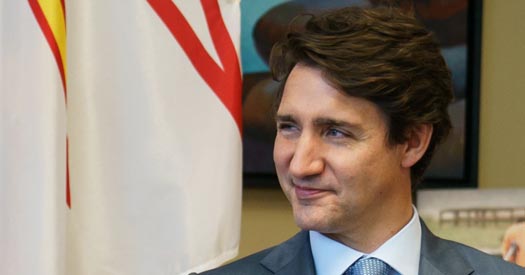
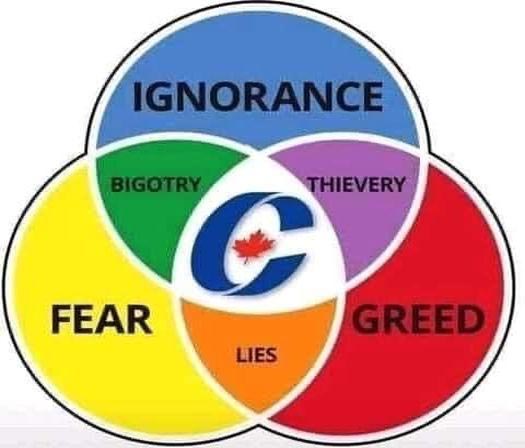
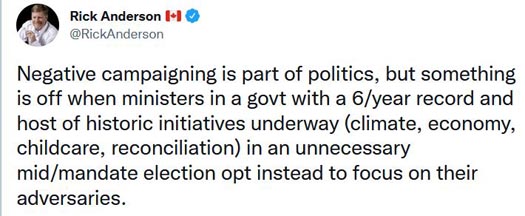
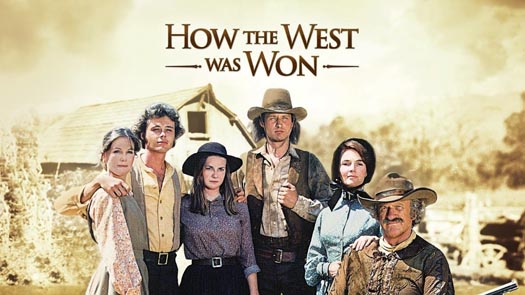
Anjali Appadurai, the high profile NDP 2021 hopeful in Vancouver Granville.
